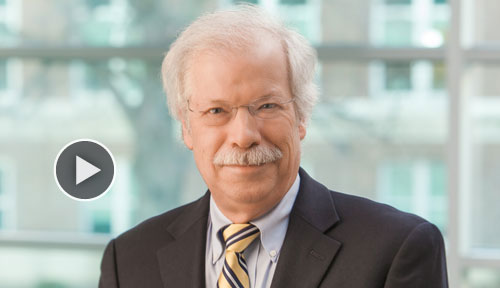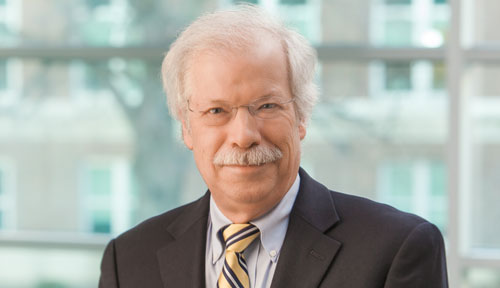 |
| VIDEO: Edibaldo Silva, M.D., Ph.D., discusses breast cancer fears |
The fear of breast cancer hangs over many women like a dark cloud.
Edibaldo Silva, M.D., Ph.D., professor of surgical oncology, understands why some take immediate, even drastic, action in order to achieve peace of mind.
But Dr. Silva, who specializes in the research and treatment of breast cancer, counsels his patients to sit down with their team of health care providers first.
A week or two or three of gathering information won’t hurt your long-term prognosis, he said.
“What you see in the U.S. now is women have a lump in the breast and they find it’s cancer, and the next day they are having bilateral double mastectomy,” Dr. Silva said. “No consideration of counseling, genetic testing, none of that.”
In fact, Dr. Silva said, on average among women who have a double mastectomy in the U.S., only 29 percent ever even discuss the subject with a genetic counselor to see if they carry mutated BRCA genes which cause breast and incurable ovarian cancer.
Studies by the University of Michigan, the Mayo Clinic and others show most women are doing it out of fear.
Dr. Silva said it’s important to remember that only 5 percent of women who contract breast cancer have “bad genes.” The rest simply had “bad luck,” likely a one-time occurrence.
And their cancer is often best treated with lumpectomies and radiation, the effectiveness of which “we know is equivalent to mastectomy,” Dr. Silva said.
A possible option for many women diagnosed with breast cancer could be to start chemotherapy while simultaneously taking the time to gather information, Dr. Silva said.
First, it is actively fighting the cancer. Second, if surgery is necessary, it makes the surgery more effective and easier to complete. Third, in some cases, the cancer may be gone by the end of the chemo treatment.
“And by gone, I mean you can’t find it,” Dr. Silva said.
If you are worried that you carry the BRCA gene mutation, draw up your family tree, Dr. Silva said, and visit with a genetic counselor to see if you should get further testing.
“The odds are overwhelmingly in your favor that you are not a gene carrier,” Dr. Silva said.
But if you are among the statistically select few, it is serious.
The gene causes a 20 percent to 40 percent risk of developing incurable ovarian cancer, Dr. Silva said, and double mastectomy and eventual removal of ovaries are recommended.

Great job, Dr. Silva, I was an interpreter to a surgeon from China who was on a visit to your clinic back then. Great job indeed! -Jirong (Betty)